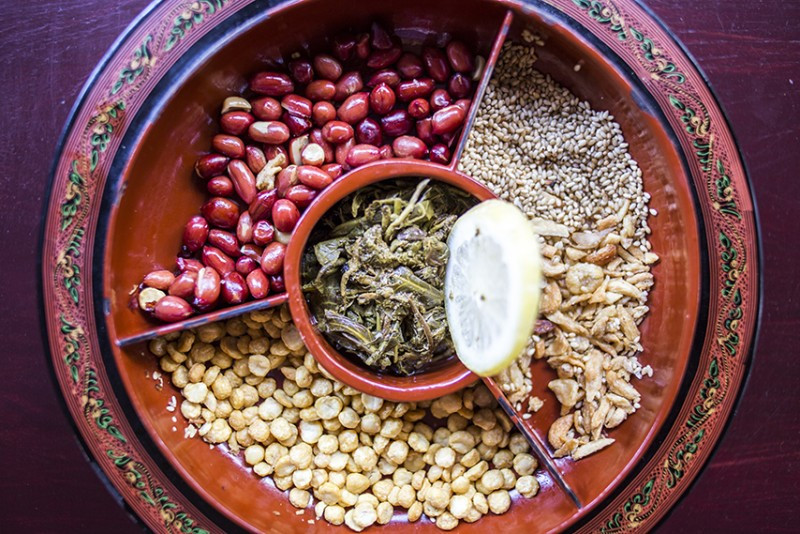We've heard it said lately that the best way to lose weight, improve our cardiovascular health, fend off viruses, etc., is not so much through physical exercise as it is by making healthy changes to our diet. You know, emphasize foods with an abundance of antioxidants, fiber, and protein, and go easy on the sweets, fat, and calories. Making a radical change to our daily menu/weekly grocery list can be a major undertaking; quite complicated. An easier, more practical strategy might be buying assorted seeds, which can make great snacks and work wonders when sprinkled on the foods we eat.
A Wide Variety of Healthy Seeds
Per onhealth.com, there are many types of seeds that are packed full of nutrients and provide a variety of health benefits – just as an assortment of nuts can do, although seeds have one advantage: they don't carry allergens like some nuts do (peanuts for instance). There's a type of seed for practically everything health wise: a fistful of seeds might provide a burst of energy or over time fulfill a long-term goal such as melting inches off the hips. Eat them as a snack while working at home or watching TV, or include them in recipes made even tastier as a result. Gradually incorporating a small change into something they're already doing seems to work better for most people, Lori Zanini, an Academy of Nutrition and Dietetics spokesperson, says, per prevention.com. Seeds are more than just a pre-prepared topping for muffins or hamburger buns. They are, as huffingtonpost.ca puts it, a serious source of nutrition in our diets. If you plan to get serious about adding seeds to your diet, health experts generally recommend getting organic, or raw, seeds that haven't been irradiated or roasted.How to ‘Seed' Your Diet
Here is an alphabetized list of nutritious seeds to add to your diet, or at least your snack dish. Note that many of them are also available in oil form:- Chia seeds. Quite tiny, they come from the mint family. Studies, per globalhealingcenter.com, have shown them to be effective in promoting weight loss and heart health, while stabilizing blood-sugar levels.
- Flaxseeds. These go well with a lot of food types, to include yogurt and soups. Health wise, they can enhance cardiovascular health.
- Hemp seeds. These contain at least 10 essential amino seeds, making them an excellent source of protein. Contains phytosterols, which help fight off diseases.
- Pomegranate seeds. These small, red seeds are packed with fiber and go a long way toward meeting your daily need for vitamin C. They work well with several types of food, including a nice salad or yogurt.
- Poppy seeds. One teaspoon (the small one of the two measuring spoons) contains up to four percent of your RDI of phosphorous, calcium and iron. Also a good source of oleic acid, fiber and omega-3 fatty acids.
- Pumpkin seeds. A good source of amino acids, protein, omega-3s, zinc and magnesium, per onhealth.com. These seeds taste great and make for a nice add on oatmeal or blended into smoothies.
- Quinoa seeds. Its nutty flavor works especially well with breakfast cereals, such as oatmeal. Its ingredient quercetin is a strong antioxidant.
- Sesame seeds. They are packed with antioxidants and protein, and a good source of zinc, which, per besthealthmag.ca – men take notice – helps with testosterone and sperm production.
- Sunflower seeds. For one thing, they are rich in folate, a key nutrient for women. They also help with digestion and can enhance our intake of fiber.

